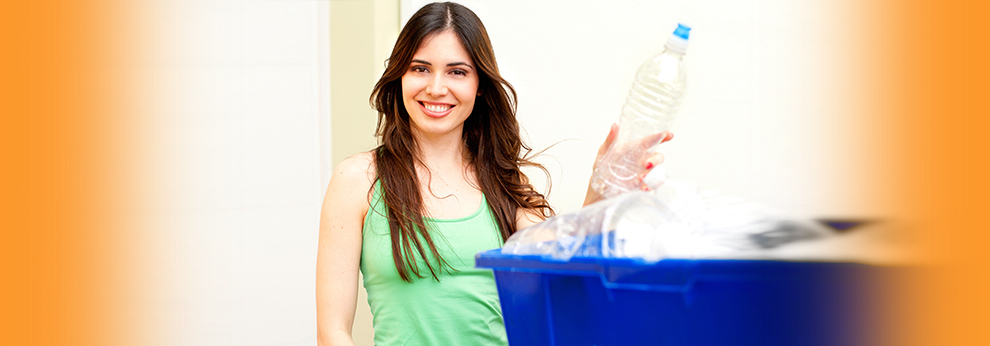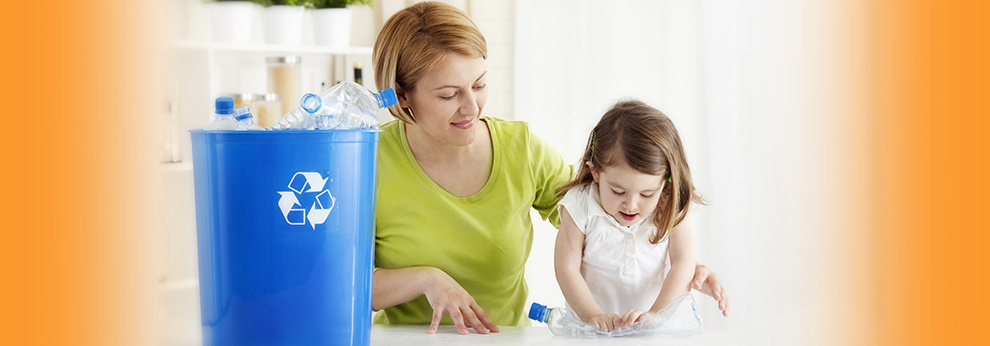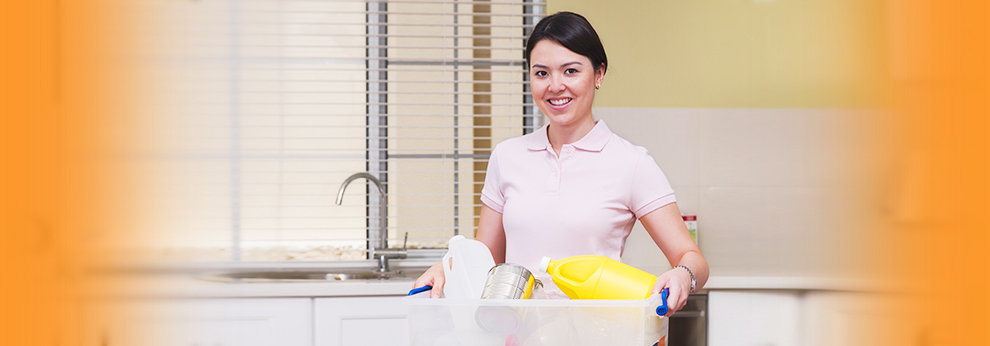Craft a Better Recycling Routine with Proven Tips
Posted on 30/09/2025
Craft a Better Recycling Routine with Proven Tips
Are you seeking to improve your recycling routine? Whether you're new to recycling or a seasoned eco-warrior looking to up your game, it pays to revisit best practices and learn some new tips. Recycling not only benefits the planet, but it can also simplify your home's waste management and even save you money in the long run. Dive into this comprehensive guide to craft a better recycling routine using trusted and proven tips that are easy to implement.
Why Bother Crafting a Better Recycling System?
Before diving into the tips, let's underline the importance of a well-crafted recycling routine. Recycling is more than separating cans and bottles from trash--it's about making thoughtful choices every day to foster a healthier planet. Proper recycling:
- Reduces landfill waste
- Saves energy and natural resources
- Decreases pollution
- Supports sustainability and the circular economy
- Can even result in financial incentives in some communities
With recycling routine improvement on your to-do list, you contribute to environmental protection while also streamlining your home and neighborhood waste processes.
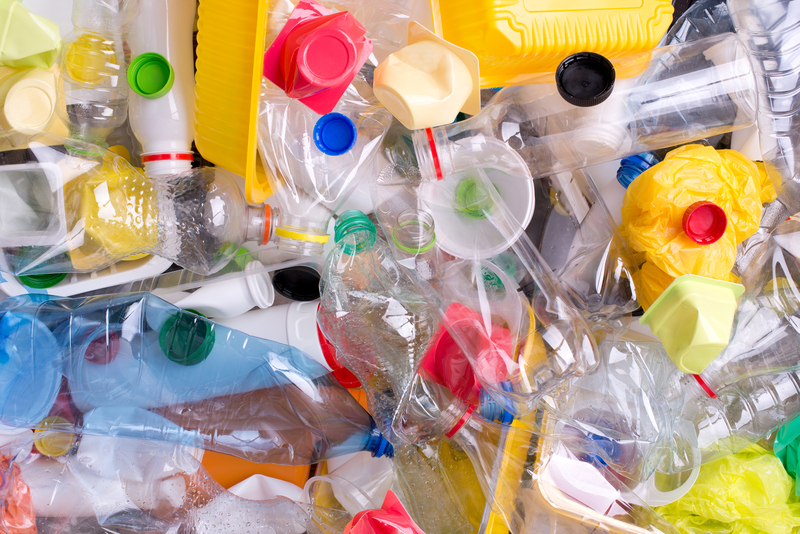
Proven Tips to Enhance Your Home Recycling Routine
If you're ready to upgrade your recycling habits, the following actionable tips will get you well on your way. Implementing even a few of these steps can make all the difference in your recycling impact.
1. Know Your Local Recycling Guidelines
Every municipality has its own rules about what can and can't be recycled. To create a better recycling habit, start by:
- Visiting your city's or town's waste management website
- Downloading or printing the latest guidelines
- Posting the list near your recycling bins for the whole household to see
Pro Tip: Incorrectly recycled items can contaminate entire batches of recyclables, sending everything to landfill. Double-check what's accepted in your area!
2. Clean & Dry: The Golden Rule of Recycling
When items are recycled dirty or wet, they risk contaminating other recyclables, making the whole batch unusable. To craft a more efficient recycling routine:
- Rinse food containers before placing them in the recycling bin
- Allow bottles, jars, and cans to dry before tossing them in
- Avoid greasy or food-soiled paper and cardboard
3. Separate and Sort Properly
Some communities require sorting recyclables by type--glass, plastic, paper, and metal--while others have "single-stream" recycling. Be sure to:
- Use labeled bins for easy sorting at home
- Educate your family about what goes where
- Remove plastic bags (unless your program allows them) and keep them out of the recycling bin
4. Reduce Before You Recycle
Reduce, reuse, recycle is the mantra of sustainability for a reason. The less waste you create, the less you need to recycle. To optimize your recycling routine:
- Buy in bulk to reduce packaging waste
- Choose products with minimal or recyclable packaging
- Opt for reusable containers and bags
5. Don't Wishcycle--Know What's Recyclable
"Wishing" something is recyclable doesn't make it so. Many items--such as lightbulbs, batteries, or pizza boxes--need special handling or are not accepted by curbside programs.
- Check the numbers on plastics (usually #1 and #2 are widely accepted)
- Avoid placing tanglers like cords or hoses in recycling
- Look out for non-recyclable items in your routine: Styrofoam, disposable coffee cups, many forms of plastic wrap, etc.
Pro Tips for a Greener, Cleaner Recycling Routine
6. Set Up Convenient Home Recycling Stations
One of the best ways to stick to a better recycling routine is to make recycling convenient. Try these ideas:
- Place recycling bins in key spots (kitchen, office, bathrooms)
- Label bins clearly for family and guests
- Use colors or graphics if you have kids or language barriers at home
7. Squash & Flatten Where Appropriate
Help your recyclables take up less space!
- Flatten cardboard boxes before recycling
- Squash plastic bottles and cans (if your facility allows it)
- Be sure to check guidelines to see if lids should be on or off!
8. Recycle Electronics and Clothing Responsibly
Electronics, clothing, and some household items are not meant for curbside recycling, but they can often be recycled through community programs.
- Drop off old electronics at an e-waste recycling event
- Donate clothing to charities or textile recycling bins
- Look up special collection days for hazardous materials (paint, batteries, etc.)
9. Compost as Part of Your Waste-Reduction Routine
Composting complements your recycling improvement strategy perfectly and can reduce your landfill-bound waste by up to 30%. Start a backyard compost pile or use a local composting service for:
- Vegetable and fruit scraps
- Coffee grounds and filters
- Eggshells and some types of soiled paper
10. Educate and Involve the Whole Family
A successful recycling routine works best when the entire household is on board. Encourage participation by:
- Making recycling a fun project for kids
- Providing quick recycling guides on the fridge or wall
- Assigning recycling "champions" for different rooms
- Celebrating milestones, like reducing trash output every month
Hack Your Office or Shared Space Recycling Routine
Want to take your recycling habits beyond your home? Whether you work in an office, reside in a shared space, or participate in a community group, these tips can make crafting a better recycling routine easier for everyone:
- Host a waste audit to see what's being thrown away needlessly
- Provide accessible, clearly-labeled recycling and compost bins
- Organize a team to maintain and monitor the recycling program
- Share results with everyone--transparency motivates behavior changes!
Frequently Asked Questions About Upgrading Your Recycling Routine
-
How can I get my neighbors or community involved in recycling improvement?
Start by sharing resources, hosting recycling days, or forming a green team. Highlight both environmental and community benefits to increase buy-in.
-
What if my recycling is often rejected?
Review guidelines and monitor for contamination. Sometimes it's as simple as rinsing containers thoroughly or not bagging recyclables.
-
Can I recycle items like bottle caps and lids?
This depends on your local guidelines--some accept bottles only with lids attached, while others require separation.
Common Recycling Mistakes to Avoid
- Bagging recyclables in plastic bags: These jam machines and often cannot be recycled curbside.
- Recycling dirty food containers: Rinse and dry all containers.
- Including hazardous items like batteries and electronics: Use special disposal or recycling services.
- Wishcycling: When in doubt, look it up or leave it out of your recycling bin.
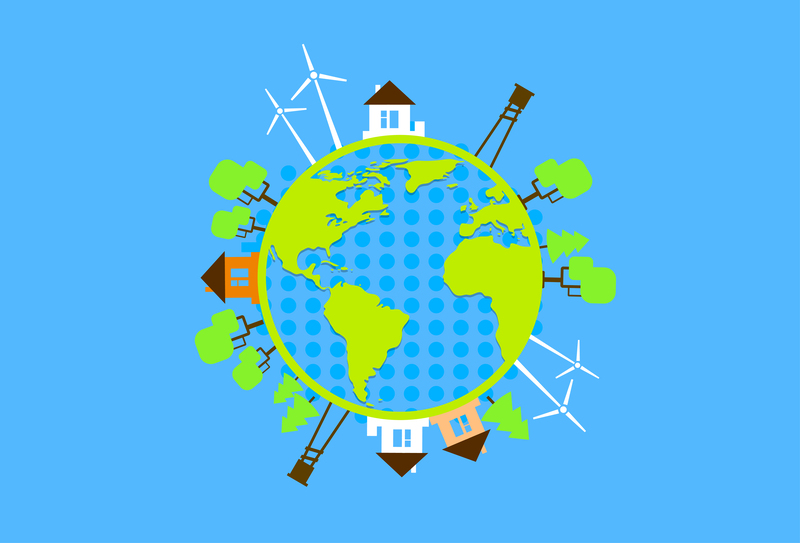
How to Stick to a Better Recycling Routine Long-Term
Crafting lasting habits is key to a successful recycling routine. Here's how to keep your system running smoothly:
- Review guidelines yearly--rules can change as recycling capabilities develop.
- Set reminders for collection days to avoid overflowing bins.
- Conduct self-checks monthly to see if you're consistently following best practices.
- Reward yourself or your family for making progress on your recycling goals.
Recycling Routine: The Future Starts with Small Steps Today
With a little planning and some commitment, you can build a better recycling routine that reduces waste, supports the environment, and encourages those around you to follow suit. Remember: every can rinsed, every properly recycled box, and every family member who joins your recycling mission counts!
By integrating these proven tips into your daily life, you're actively shaping a greener, cleaner future. Review this guide often, stay updated on recycling news in your area, and never underestimate the difference your improved recycling routine makes.
Ready to craft your best recycling routine yet? Start today, and watch your eco-impact grow!
Latest Posts
Innovative Strategies for Office Recycling
Working Green: A Journey to Zero Office Waste
Ingenious Ways to Refashion Your Old Garments



